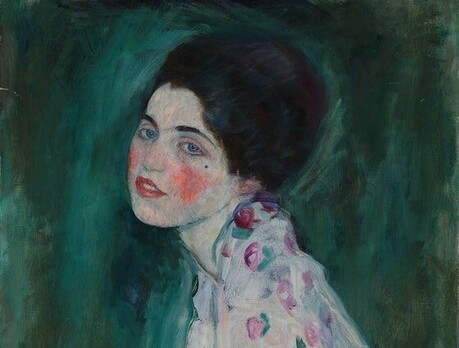The City of Edinburgh Council has approved controversial plans to erect a statue of renowned doctor Elsie Inglis on the historic Royal Mile, despite significant public opposition. Councillors on the development management sub-committee voted 7-2 in favor of the proposal during a Wednesday meeting, also rejecting council officials' recommendations to reduce the height of the statue's plinth from the original design.
The bronze statue will be positioned adjacent to New Assembly Close, directly across from the commemorative plaque honoring Dr. Inglis at 219 High Street, which marks the location where she relocated her maternity hospital in 1904 from George Square. The statue's placement holds particular historical significance as it connects to Inglis's pioneering medical work in Edinburgh.
Dr. Elsie Inglis made extraordinary contributions during World War I, raising funds equivalent to $53 million in today's currency and establishing 14 hospitals on the front lines staffed by 1,500 women. Her great-great-great niece, Clea Thompson, celebrated the council's decision, telling the BBC it represented "a great moment for women" as it would become the first statue of a woman erected on the Royal Mile.
"The statue is not for our family," Thompson explained. "We were persuaded that this was a bigger story about women and was a story that other people could learn about and be inspired from. So even though Elsie would be quite aghast, it represents not just her, it represents 1,500 women who served in the Scottish Women's Hospitals for Foreign Service. And it's about Scotland celebrating their leading suffragist and working towards greater equality between women and men."
However, the project faced substantial criticism from various quarters. Hundreds of people, including notable figures such as crime writer Val McDermid, author Sara Sheridan, and musicians Charlie and Craig Reid from The Proclaimers, signed an open letter opposing the statue plans. The letter claimed the proposed statue misrepresents Dr. Inglis's legacy and fails to acknowledge the historical significance of the chosen site.
Approximately 20 to 30 protesters gathered outside the City Chambers on Wednesday morning, braving rainy weather to voice their objections while councillors deliberated inside. Natasha Phoenix, representing the "Elsie on the Mile" protest group, expressed satisfaction that people showed up to oppose the current statue format and criticized what she perceived as a lack of transparency in the public consultation process.
"We are here today because public voices have been silenced," Phoenix stated before the council's approval. "The charity closed their Facebook page and website and since then there's been no public dialogue. It's important that all stakeholders are consulted but we've identified that only one out of 13 have been consulted. And we've identified planning policy that's not been followed."
The planning application drew significant public interest, prompting the council's planning department to refer it to the Development Management Sub-Committee. The proposal generated 647 public representations: 408 in support, 237 in opposition, and two neutral responses, demonstrating the divisive nature of the project.
Dr. Elsie Inglis, though not born in Edinburgh, received her education and spent much of her professional life in the city. She distinguished herself as both a physician and suffragist, tirelessly advocating for improved rights and medical care for women. Her impact on the community was evident when thousands of people lined Edinburgh's streets for her funeral in 1917, which was held at St. Giles Cathedral and attended by members of the royal family.






























